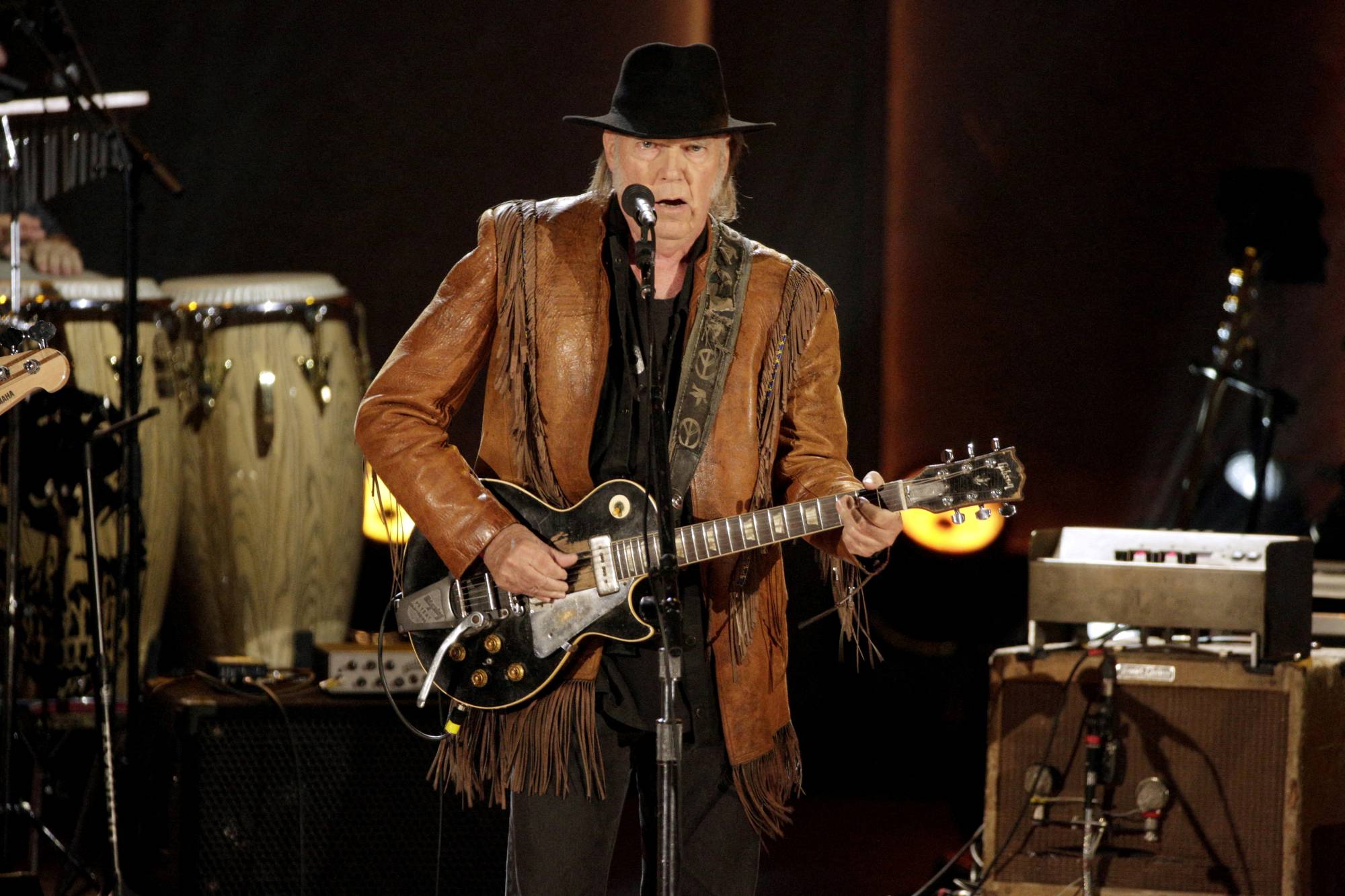Spotify arrived more than a decade ago with an appealing proposition: Listeners could leave their CDs and downloads behind and stream virtually every song ever released. It made the platform a top power in the music business and ushered in competitors such as Apple Music, Amazon Music and Tidal, helping reverse the industry’s nosedive.
Spotify remains the biggest music streaming service. But a few years ago it pivoted to add a buzzy format to its portfolio: podcasts. The move made the service a smorgasbord of audio entertainment — part music service, part news outlet, part always-on gabfest. It may have also set the company on a collision course with artists and left listeners with a less-than-complete library of songs.
Last week, Neil Young kicked off a storm in the music business and on social media when he demanded that his music — including rock classics such as "Heart of Gold” and "Cinnamon Girl” — be removed from Spotify. He was protesting the company’s support of Joe Rogan, its star podcaster, who has been criticized for promoting misinformation about the coronavirus and vaccines.



